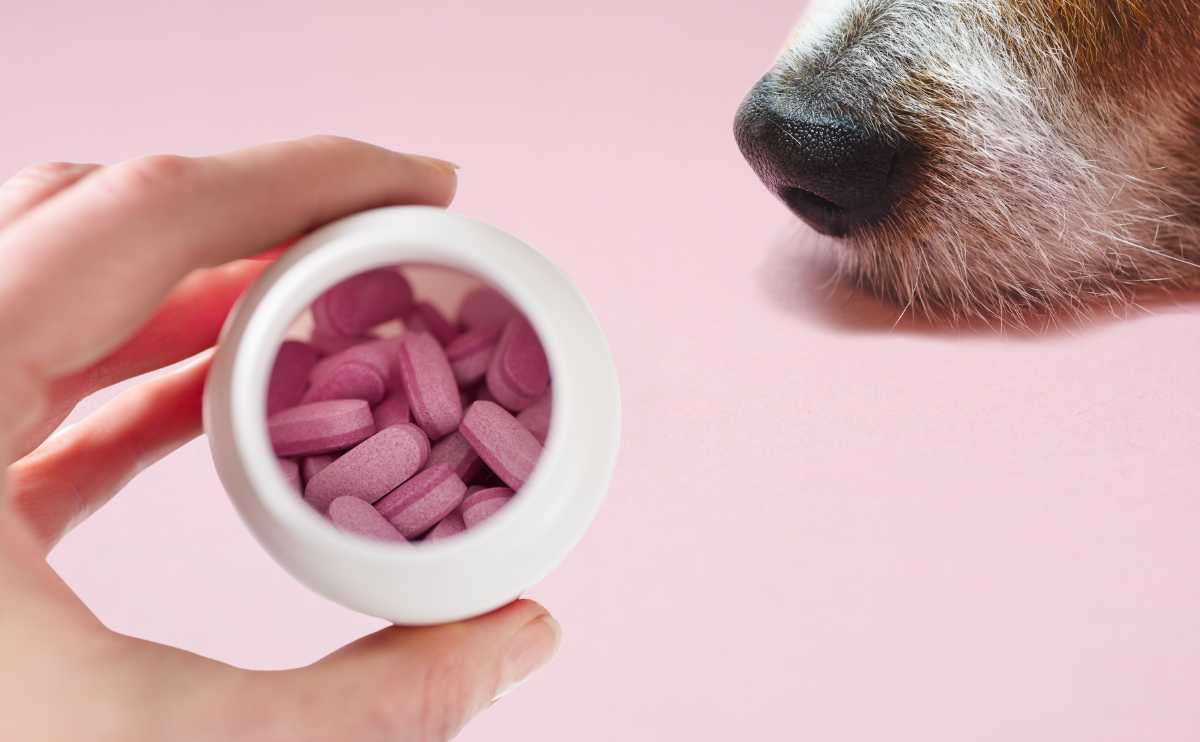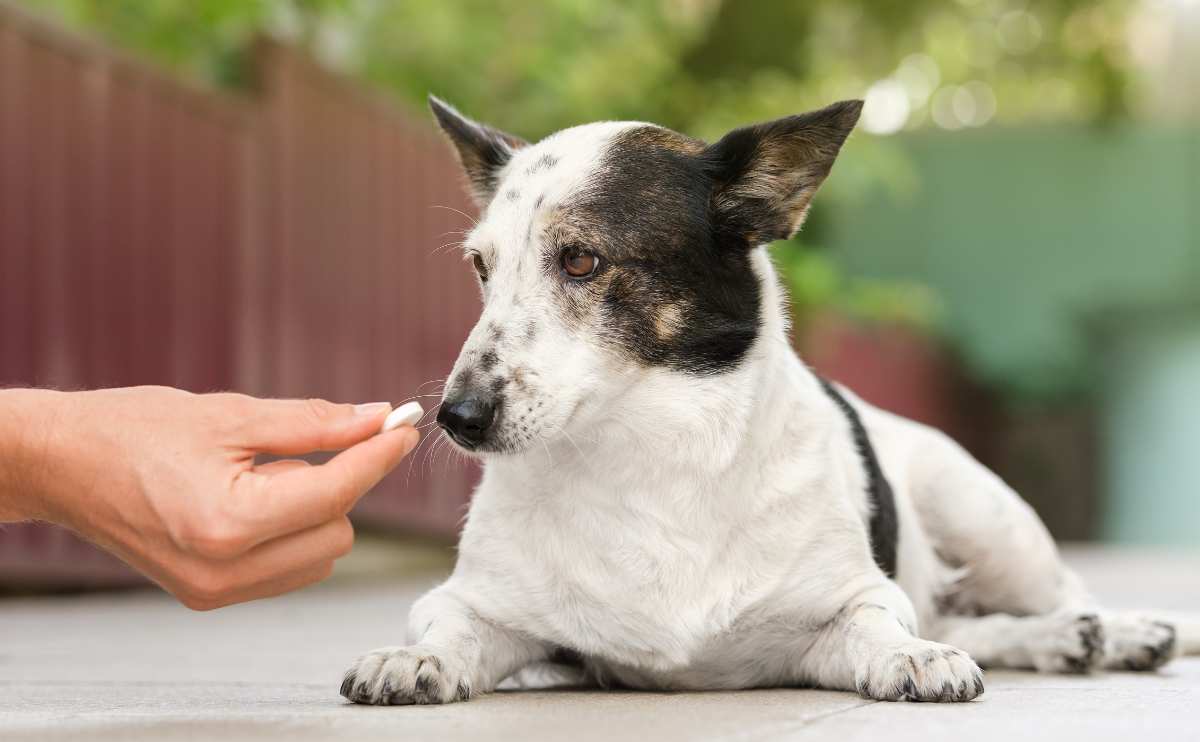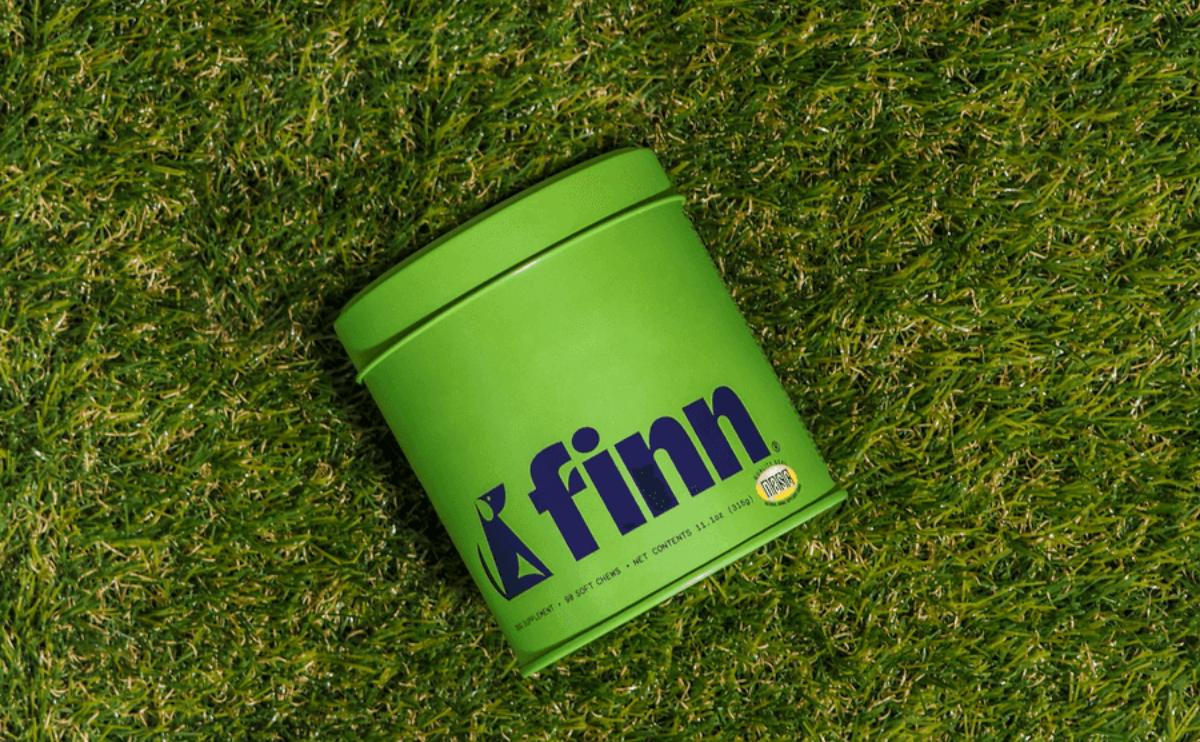This content was reviewed by veterinarian Dr. JoAnna Pendergrass, DVM.
When you purchase through links on our site, we may earn a commission. Here’s how it works.

As the use of medical and recreational marijuana continues to grow — as well as the legalization of weed in the U.S. — pet dogs have more chances of exposure than ever before. If you use marijuana or your dog is around someone who does, you may be wondering how it can affect your pup. Can dogs get high? Is weed bad for dogs? Our experts have compiled a list of the most common questions and answers about dogs and marijuana to give you the best information you need to keep your pup safe and healthy.
- Cannabis vs Marijuana vs CBD
- Can Dogs Get High?
- How Does Marijuana Affect Dogs?
- Can Weed Kill Dogs?
- Does My Dog's Size Make A Difference?
- How Do Vets Treat Marijuana Intoxication?
- Is Marijuana Safe For Dogs? (Research Studies)
- What About Medical Marijuana For Dogs?
- Are CBD Products Safe For My Dog?
- Infographic: Dogs & Marijuana Guide
- What Else Is Toxic For Dogs?
Cannabis vs Marijuana vs CBD

The terminology surrounding cannabis, marijuana, and CBD can get confusing, so it’s important to have a good understanding of each term.
- Cannabis is a plant that comes in several species, including Cannabis sativa and Cannabis indica.
- Hemp and marijuana plants are two types of cannabis plants.
The cannabis plant contains compounds called cannabinoids, the most widely known being THC (tetrahydrocannabinol) and CBD (cannabidiol). THC is the psychoactive ingredient in marijuana that gets you high. The marijuana plant, which has many nicknames (e.g., marijuana, weed, pot, reefer, ganja, and Mary Jane), has very high levels of THC and low levels of CBD.
CBD is extracted from hemp or marijuana plants. However, the hemp plant has extremely low amounts of THC (< 0.3%) and high amounts of CBD. CBD is not psychoactive, so it doesn’t produce the same side effects as THC. You may have heard about the increasing use of CBD oils and treats as an all-natural remedy for dogs’ certain ailments.
Can Dogs Get High?
Yes, dogs can get high from marijuana in a few different ways.
- If your dog ate weed directly by ingesting marijuana leaves and/or buds
- If your dog ate edible products — food laced with marijuana (brownies, cookies, muffins, etc.)Secondhand smoke — yes, your dog can get high from inhaling smoke
How Does Marijuana Affect Dogs?
What happens if a dog eats weed or inhales secondhand smoke? Here are some of the signs you should look out for if your dog’s exposed to weed, even in small doses.
- Lethargy
- Dilated pupils or glassed-over eyes
- Loss of balance
- Breathing problems
- Whining or crying
- Agitation
- Excessive drooling
- Vomiting
- Blood pressure changes (increase or decrease)
- Abnormal heart rhythms
- Urinary incontinence
- Body temperature is too high or low
- Tremors
- Seizures
- Coma
Signs of potential toxicity can be seen anywhere from 5 minutes to 12 hours after your dog is exposed to marijuana. Symptoms can last anywhere from 30 minutes to several days, depending on how much they ingest or inhale.
Can Weed Kill Dogs?
According to the Pet Poison Helpline (1-800-213-6680), the risk of marijuana poisoning in dogs is moderate to severe. In rare cases, it can kill dogs, especially if a dog ingests a large amount. This could happen if you accidentally leave an open stash of your bag out or if your dog gets into a large pan of brownies or other edibles.
If your dog accidentally eats marijuana, you should call your veterinarian or Animal Poison Control immediately. The ingestion of too much marijuana can be life-threatening.
Does My Dog’s Size Make A Difference?
Size plays a significant role in how weed affects dogs. If two dogs—one 75 pounds and the other 3 pounds—get into the same size stash, the smaller dog will have a worse reaction than the larger dog. Their bodies metabolize it differently.
Some dogs also become more “paranoid” after getting high; this is often shown by their panting and pacing. It’s a challenge because you can’t determine which dogs will have this reaction until they’re high.
How Do Vets Treat Marijuana Intoxication?
If you take your pup to your vet’s office immediately after your dog eats weed or edibles, they may induce vomiting or pump your dog’s stomach to prevent further absorption. However, in many toxicity cases, this may not prove helpful because too much time has elapsed, and much of the toxin has already been absorbed by your dog’s body.
In many cases, veterinarians may give pets activated charcoal (a liquid that your pet drinks) every six to eight hours to help neutralize the toxin in the stomach and intestines and prevent further absorption. Some vets may also use an enema to get your dog to poop, thus reducing toxin absorption in the GI tract.
Supportive care is also important to help your pup while he’s experiencing symptoms. Your vet will administer medications to bring your dog’s temperature and heart rate back to normal. If your dog has been vomiting, they may also administer anti-vomiting medications.
Intravenous fluids may be given to help keep your dog hydrated, get their blood pressure back to normal, and ensure that their organs are functioning properly. Your vet will closely monitor your dog to make sure that he is stable. They can also help keep your dog safe if he’s having mobility issues.
Is Marijuana Safe For Dogs? (Research Studies)
Is marijuana safe for dogs, can dogs smoke weed even in small amounts? In general, the consensus among the veterinary community is no you can not give a dog weed. Research into marijuana and dogs has clearly shown that it is toxic to dogs.
Also, reports show that dogs have a higher number of cannabinoid receptors in the brain compared with humans, and it’s been suggested by NCBI that dogs may be more susceptible to the toxic effects of THC than humans.
Did you know pet insurance can cover accidental poisoning? As long as your dog is enrolled for pet insurance beforehand, unintentional poisoning may be eligible for coverage. You can also select a plan catered to your dog based on age, health conditions, price limits, and more. We can help you find the best pet insurance for your dog’s specific needs, no matter what concerns you have.
Research On CBD For Dogs
Although research studies on marijuana and dogs haven’t reported benefits, this is not the case with CBD oil research and dogs. While there has only been a handful published to date, results are promising.
Since 2016, Dr. Stephanie McGrath, a neurologist and assistant professor at Colorado State University’s College of Veterinary Medicine & Biomedical Sciences, has conducted two clinical studies on CBD in dogs. In one of the studies, she found that CBD markedly reduced the seizure frequency in dogs with epilepsy, but this reduction was also observed in AVMA study, that dogs that received the placebo (no CBD).
In 2018, researchers at Cornell University investigated the pharmacokinetics (how drugs are distributed, absorbed, metabolized, and eliminated in the body), safety, and efficacy of CBD in arthritic dogs. Frontiers in Veterinary Science found no observable negative side effects and a significant decrease in pain, and an increase in mobility.

A more recent study published in the AHVMA Journal also focused on pain relief for dogs suffering from osteoarthritis. A separate group of researchers from Colorado State University’s College of Veterinary Medicine & Biomedical Sciences, in collaboration with the CBD brand HempMy Pet, found that 30 of the 32 dogs in the study demonstrated benefits from CBD oil, including decreased pain and increased mobility and quality of life.
Results from another recent Forbes study of 20 large-sized arthritic dogs also suggest that CBD can effectively relieve arthritic pain. In this month-long study, researchers from the Baylor College of Medicine, in collaboration with the CBD brand Medterra, found that the dogs who took larger doses of CBD oil experienced significant improvement in their mobility and quality of life.
Learn More About The Benefits Of CBD Oil For Dogs
What About Medical Marijuana For Dogs?
While some people administer medical marijuana to their dogs on their own, and some pot shops even sell dog treats laced with pot, that doesn’t mean weed for dogs is a good idea. Unfortunately, due to a lack of research, it’s unclear whether any benefits outweigh the risks of giving your dog medical marijuana. Administering it yourself can be dangerous to your dog.
While there’s anecdotal evidence that medical marijuana provides dogs relief for arthritis and cancer, it’s not approved by the American Veterinary Medical Association (AVMA), the American Society for the Prevention of Cruelty to Animals (ASPCA), or any other organization.
Also, keep this in mind — although physicians now can prescribe medical marijuana for humans in many states, it’s still against the law for any veterinarian in the U.S. to prescribe medical marijuana for dogs.
Are CBD Products Safe For My Dog?
Yes, as long as your chosen formula uses the highest-quality extraction processes and ingredients (and contains no more than 0.3% THC). This is the only kind that you’ll find when you buy from the companies that we recommend.
You can read more about the companies and products that may help your pet most in our CBD oils for dogs review. Our experts have also reviewed the best CBD dog treats from high-quality manufacturers.
Infographic: Dogs & Marijuana Guide
Learn more about marijuana and dogs in our infographic:

What Else Is Toxic For Dogs?
We warn you to be careful and keep your dogs safe with whatever you give your pup. Marijuana isn’t the only thing humans consume that isn’t considered safe for dogs. There’s a long list of foods and other substances you should never give your pup. We know for sure that you should avoid giving your dog these foods, so reference it if your dog ingests something else he shouldn’t.
Tagged With: Reviewed By Dr. Pendergrass, DVM

